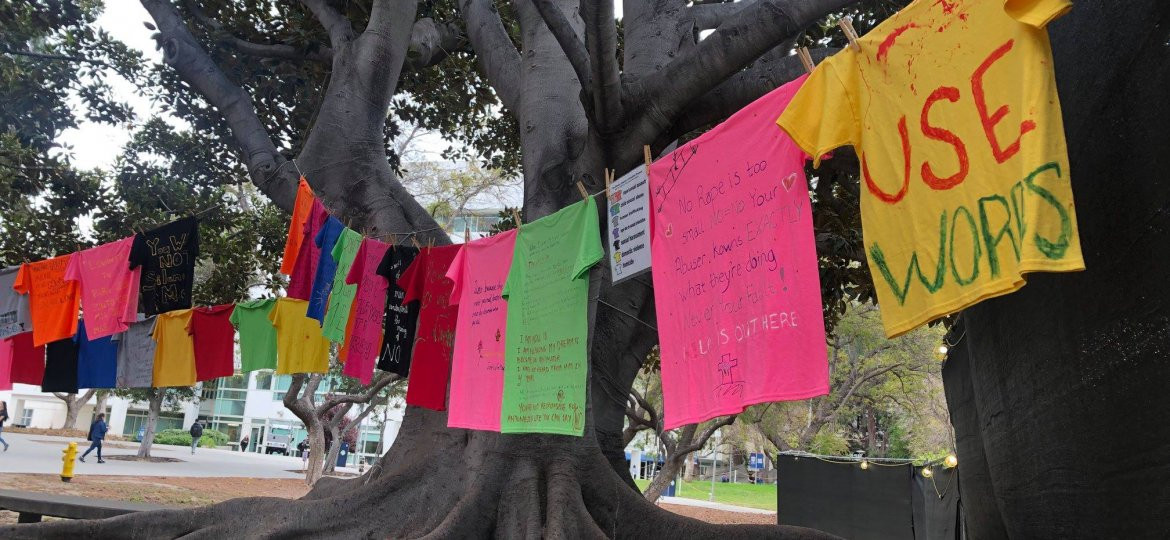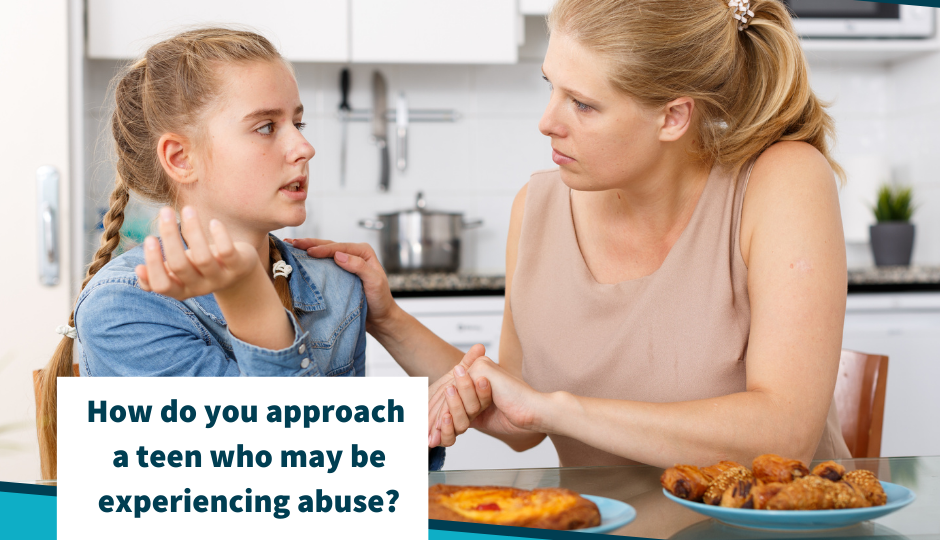Every day on our social media feeds we see picture-perfect families—even more so now during the COVID-19 pandemic as we’re quarantined and navigating the challenges of working from home, managing children and their distance learning schedules and keeping occupied. Some families are binge-watching shows, some of them are organizing closets, sharing rainbow colored learning schedules or taking Pinterest crafts to a whole other level.
But behind those public displays, contrasted filters, and funny memes, no doubt, there’s conflict. Every family has it on some level—especially now during ‘stay at home’ mandates. Significant others are hollering into their conference call. Roommates are filming Tik Tok dances in the living room. Kids are interrupting your Zoom calls to beg for snacks. The coronavirus crisis poses major challenges, especially while working remotely alongside partners and/or roommates for the first time, competing for limited space, internet connection and attention.
So what’s the magic solution to navigating the sometimes-frustrating experience of co-working, distance learning and Zoom meetings all day?
I am here to tell you: there is no magic solution. Conflict in a season of change is inevitable, but the good news is there are things you can do to prepare your family to manage and resolve conflict in the home, in a peaceful, and even productive way.
First off, know that everyone handles his or her response to conflict differently, and that is perfectly normal. According to Kenneth W. Thomas and Ralph H. Kilmann, there are five conflict-handling modes (Thomas-Kilmann Instrument “TKI”). None of these modes are more preferred than any other, they are just different: collaborating, accommodating, competing, avoiding, and compromising. Once you understand which one of these is your natural response to conflict, you can begin to understand that others may not have the same response as you—and begin communication with them based on logic instead of emotion. Remember that conflict can be destructive when it becomes violent or escalates to the point that relationships actually break down.
To avoid getting to this destructive destination, here are a few tried and true tactics:
Honor boundaries
Everyone in your family should have boundaries and it’s important that those boundaries are respected. Setting up crystal-clear expectations for the workday is crucial. For example, if a door is closed work is in progress and you cannot come in.
Be sound-conscious
With multiple parties in your household working from home and focusing on schoolwork, sounds can be a major impediment to concentration! If one person is on a Zoom meeting, and others are in the next room studying, consider headphones for one or both people. If weather and space permits it, try reading or typing in the backyard or even in the driveway to change up your scenery and avoid noisy distractions.
Listen to one another
The more you listen, the more you will be listened to. When you listen to another perspective, you may learn something new or see something you haven’t seen before. It’s a key component in reaching conflict resolution!
Invest time in one another
Put the tech down, set the distractions on the shelf, even leave the house for a walk around the block if you need to—investing time in others is essential to understanding them. This time can be spent playing, reading, or doing an activity together. Like exercise or training for a marathon, life is full of hard work. Especially now. But when things get hard, remember to have fun. Turn on some music, get moving, get silly—do what you have to do to have a good time in the midst of the hard work. We are all in this together.
We all have shortcomings
If you accept your own shortcomings and imperfections, it is easier for others to approach a conflict with humility, too. This base of understanding can soften attitudes and create space for understanding.
Care for yourself – and one another
Be kind to yourself, have grace with yourself. Also be sure to care for each other – sometimes we cling so tightly to our own stance or opinion, we forget to consider the other person in the midst of conflict. During this anxious time, it is also important to show children how to practice self-care. It can be helpful to name our actions for our kids — for example, “I love taking baths, so I’m going to go relax in the tub and read for a bit because it’s been a really hard day.”
Celebrate each other
There is good in us all, focus on the positive in the other person, and think about that. Tell one another what you love about them, what makes them stand out from everyone else, what they are doing right (instead of what they’re doing wrong).
When you cannot solve it, get help
If that’s help from a teacher, extended family, mediator, therapist, doctor, or even a crisis management organization, like Waymakers, there are people and resources out there online or by phone that are available to help! The bottom line is that you are not alone.
Finally, remember that managing conflict in your family is a lifelong endeavor. It does not happen overnight, but the more you practice healthy conflict resolution, the better you will get at it—especially during a season when you are home, with extended time to practice. Conflict can be a powerful catalyst for necessary change, giving you purpose for cooperation with one other. When you address conflict, you will most certainly find common ground with one another and potentially build new pathways of agreement in your family. And in this challenging time as we tackle the coronavirus crisis together, if we utilize these tactics we will come out stronger than ever.
Waymakers’ conflict resolution programs are committed to supporting families and individuals on their journeys to find sustainable solutions, which encourage lasting change positive impact throughout Orange County.










